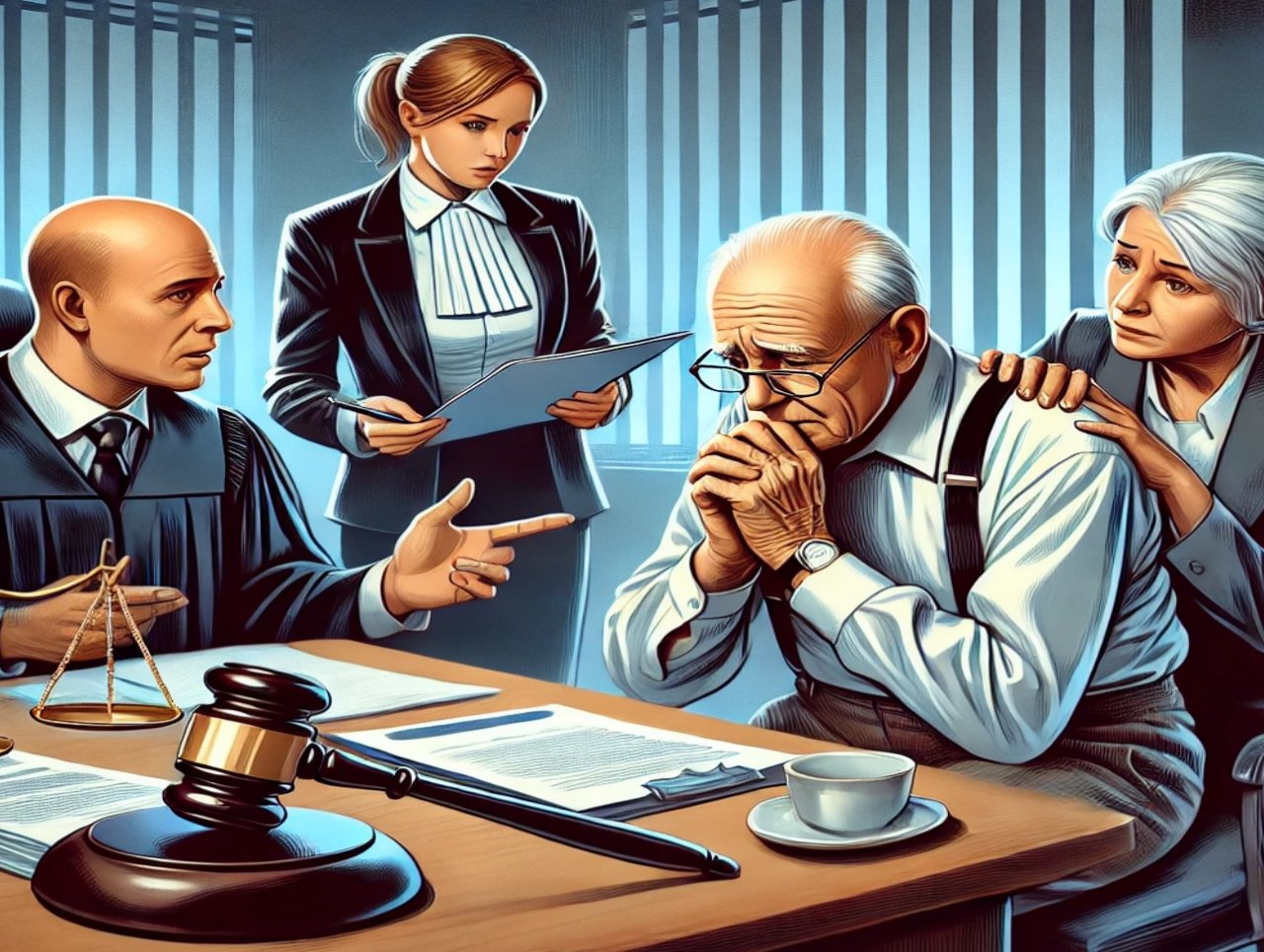Who Can Override a Power of Attorney? Know Your Rights!
Understanding Power of Attorney: A Legal Overview
A power of attorney (POA) is a legal document that allows an individual, known as the principal, to designate another person, called the agent or attorney-in-fact, to make financial, medical, or legal decisions on their behalf. This document is particularly useful for individuals who may become incapacitated due to illness, disability, or advanced age. POAs can be broad or specific, granting limited or extensive control over the principal’s affairs. While a power of attorney grants significant authority, it is not absolute, and under certain circumstances, it can be overridden or revoked.
Types of Power of Attorney and Their Scope
There are various types of POA, each serving a distinct purpose:
- General Power of Attorney – Grants broad authority over financial and legal matters but is typically void if the principal becomes incapacitated.
- Durable Power of Attorney – Remains effective even if the principal becomes incapacitated, making it a preferred choice for long-term planning.
- Medical Power of Attorney – Gives the agent the ability to make healthcare decisions on behalf of the principal.
- Limited (Special) Power of Attorney – Grants the agent authority over specific tasks or transactions.
- Springing Power of Attorney – Becomes effective only upon a specified condition, such as the principal’s incapacitation.
Understanding the type of POA in place is crucial when determining who can override it and under what conditions.
Who Has the Authority to Override a Power of Attorney?
A power of attorney is a powerful tool, but several entities and individuals may have the legal authority to override it under certain circumstances:
- The Principal – As long as the principal is mentally competent, they can revoke or amend the POA at any time.
- A Court of Law – Courts can intervene to override a POA if they determine that the agent is acting improperly or against the principal’s best interests.
- A Guardian or Conservator – If a court appoints a legal guardian or conservator for the principal, they may have the authority to override the existing POA.
- Family Members – While family members do not have direct authority to override a POA, they can petition the court if they suspect misuse or abuse.
- A Successor Agent – If the original agent is removed or resigns, the successor agent (if named in the POA) may take over and make decisions.
When Can a Power of Attorney Be Challenged?
A power of attorney can be challenged under several circumstances, including:
- The Principal’s Competency – If there is evidence that the principal was not of sound mind when signing the POA, it can be invalidated.
- Fraud or Forgery – If the POA was created under fraudulent conditions or forged, it can be nullified.
- Agent Misconduct or Abuse – If the agent acts beyond their authority, misuses funds, or neglects their duties, the POA can be revoked.
- Conflicts of Interest – If the agent’s decisions appear to benefit themselves rather than the principal, legal action may be taken to override the POA.
Legal Procedures for Revoking or Overriding a Power of Attorney
Revoking or overriding a POA involves specific legal procedures:
- Principal’s Revocation – If the principal is competent, they can revoke the POA in writing and notify all relevant parties.
- Petitioning the Court – Family members or interested parties can file a petition in court to challenge or revoke a POA if they suspect misconduct.
- Court-Appointed Guardianship – If the principal is incapacitated, a court may appoint a guardian to take over their affairs, effectively overriding the POA.
- Legal Notification – Proper legal notice must be given to the agent and other relevant parties when a POA is revoked or overridden.
Common Reasons for Overriding a Power of Attorney
POAs are often overridden due to:
- Financial Exploitation – If the agent misuses funds or assets.
- Medical Disputes – If there is disagreement over healthcare decisions.
- Agent’s Incapacity – If the agent is no longer capable of fulfilling their duties.
- Family Conflicts – When multiple family members dispute the agent’s decisions.
Court Intervention in Power of Attorney Disputes
In cases of dispute, courts play a significant role in resolving issues related to POAs. A judge may:
- Remove an agent found guilty of misconduct.
- Appoint a guardian or conservator.
- Order a new POA if the previous one is deemed invalid.
- Issue restraining orders against agents suspected of financial abuse.
Preventing Power of Attorney Misuse and Disputes
To prevent conflicts related to POAs, individuals should:
- Choose a trustworthy agent.
- Clearly define the agent’s responsibilities and limits.
- Keep family members informed about the POA.
- Regularly review and update the POA as needed.
- Seek legal advice when creating a POA.
How to Properly Revoke a Power of Attorney
To legally revoke a POA, the principal must:
- Draft a written revocation statement.
- Notify the agent and relevant institutions.
- Destroy all copies of the old POA.
- Create a new POA if necessary.
- File the revocation with the appropriate authorities.
Final Thoughts: Protecting Your Legal Rights
A power of attorney is a vital legal document that grants authority over crucial matters. However, it is not absolute and can be overridden under specific conditions. Whether you are a principal, agent, or concerned family member, understanding your legal rights regarding POAs can help protect interests and prevent abuse. Seeking professional legal advice is always recommended when dealing with POA disputes or revocations.
Read Also Our This Post: Rocky Mountain Power Customer Guide: Billing, Outages & Support

